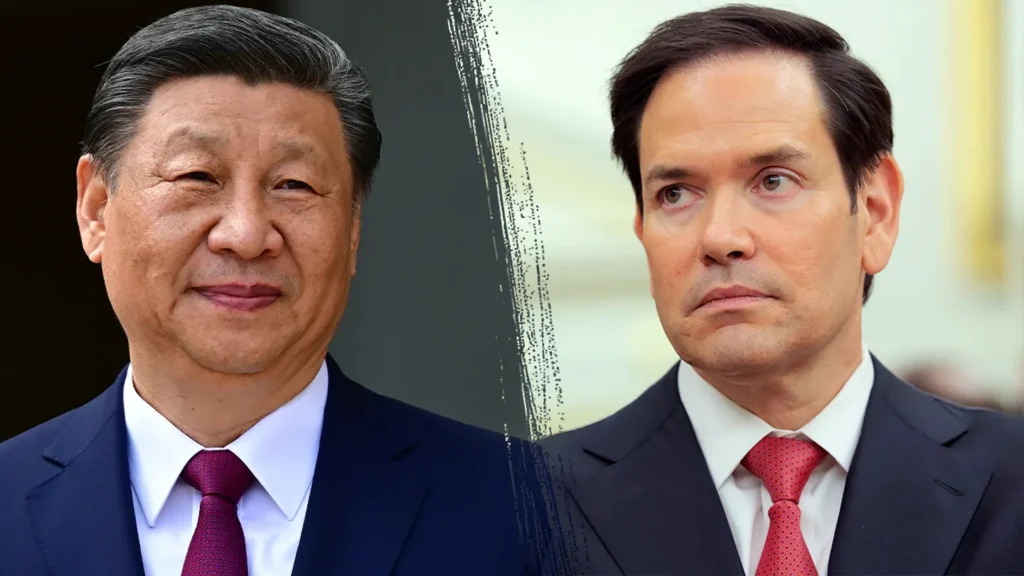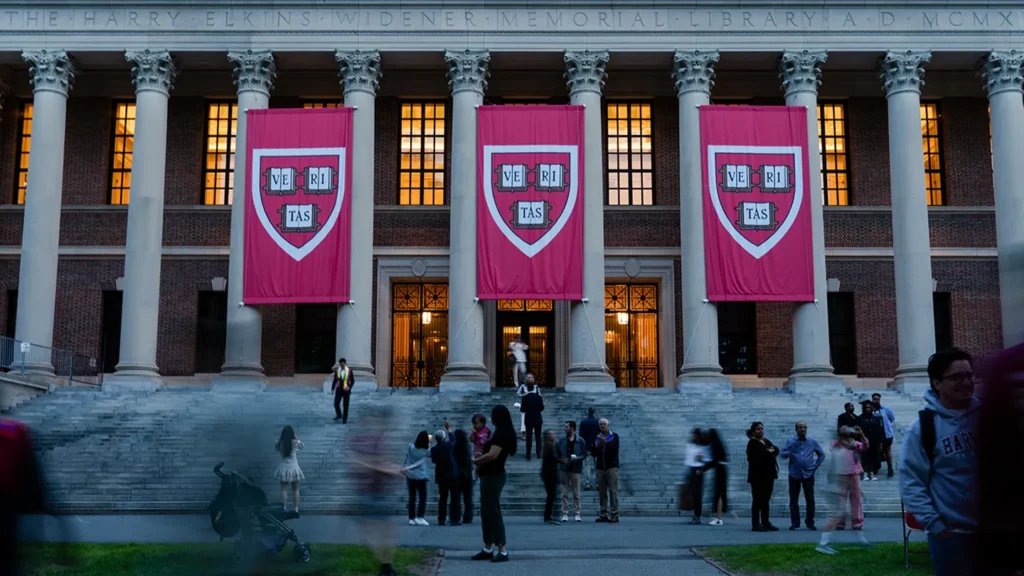The Trump administration ramped up its scrutiny of Chinese nationals studying at U.S. universities after several high-profile incidents involving alleged espionage, conspiracy, and misleading federal officials. These events, linked to joint education programs between American and Chinese institutions, have raised national security concerns across the country—including in states like Wyoming, where universities also host international students.
On Wednesday, Secretary of State Marco Rubio announced that the State Department and Department of Homeland Security plan to “aggressively revoke” student visas of Chinese nationals, especially those with ties to the Chinese Communist Party (CCP). This policy aims to curb suspected covert activities by Chinese students on American soil.
The Chinese Ministry of Foreign Affairs quickly condemned the move, calling it “fully unjustified” and warning it harms the rights of Chinese students and disrupts important cultural and educational exchanges between the two nations.
Currently, nearly 300,000 Chinese nationals hold student visas in the U.S., including those studying in Wyoming’s universities. It remains unclear if the revocations will target all Chinese students or a subset flagged by security agencies. Efforts to clarify this policy are ongoing.
Recent Incidents Fueling Concerns

- Camp Grayling Incident: Last year, five Chinese nationals studying at the University of Michigan were charged after being found with cameras at Camp Grayling, Michigan’s largest National Guard training facility. The students had allegedly taken photos during a joint U.S.-Taiwan military exercise—raising alarms about espionage.
- Key West Military Base Breach: In 2020, two University of Michigan graduate students, both Chinese nationals, pleaded guilty to illegally entering and photographing defense infrastructure at the Key West Naval Air Station in Florida.
- University of Minnesota Case: Fengyun Shi was convicted of illegally using a drone to photograph naval bases in Norfolk, Virginia. He was sentenced to prison, had his visa revoked, and was deported in 2024.
- Espionage Convictions: Ji Chaoqun, a former Chinese student at Illinois Institute of Technology, received an eight-year prison sentence for attempting to steal U.S. trade secrets related to defense technology.
- Harvard University Controversy: Harvard, not directly involving Chinese nationals but closely tied to the issue, filed a lawsuit challenging the Trump administration’s decision to revoke its certification to enroll foreign students. ICE cited concerns about Harvard’s alleged coordination with CCP-linked entities and foreign donors—charges Harvard disputes.
Impact Beyond the Coasts
While much of the media focus has been on East Coast and Midwest universities, the scrutiny affects schools nationwide—including Wyoming institutions with international student populations. Universities across Wyoming are monitoring these developments closely as they balance maintaining security with fostering global academic collaboration.

As the U.S. continues to tighten visa policies, Chinese nationals studying in Wyoming and across the country face heightened uncertainty amid growing geopolitical tensions.












